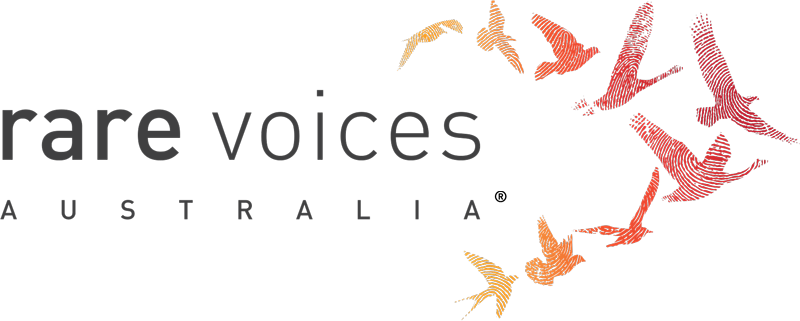The National Recommendations for Rare Disease Health Care (the Recommendations) were written to help health professionals provide quality care for people living with rare disease, including people with a diagnosed rare disease and those who have not yet received a diagnosis. The Recommendations are aligned with the Australian Government’s National Strategic Action Plan for Rare Diseases.
The Recommendations may be helpful for:
- Health professionals – to provide better care for people living with rare disease
- People living with rare disease – to help in partnering with their health care team to plan the type of health care that works best for them
- Policy makers – to help shape health care policy relating to rare disease
Click on the tiles below to explore the digital version of the recommendations or download a summary or infographic

The Recommendations were developed as part of the Rare Disease Awareness, Education, Support and Training (RArEST) Project, a collaboration between Rare Voices Australia, the University of New South Wales, Macquarie University, and the University of Western Australia, and funded by the Australian Government.
Collaborative development of the Recommendations
The Recommendations were written by a Working Group that included specialist doctors, general practitioners (GPs), nurses, educators, rare disease advocates, and academics.
A range of people read and provided input into the Recommendations, including patient advocacy and support groups, people living with rare disease and their families/carers, doctors, nurses, and educators.













